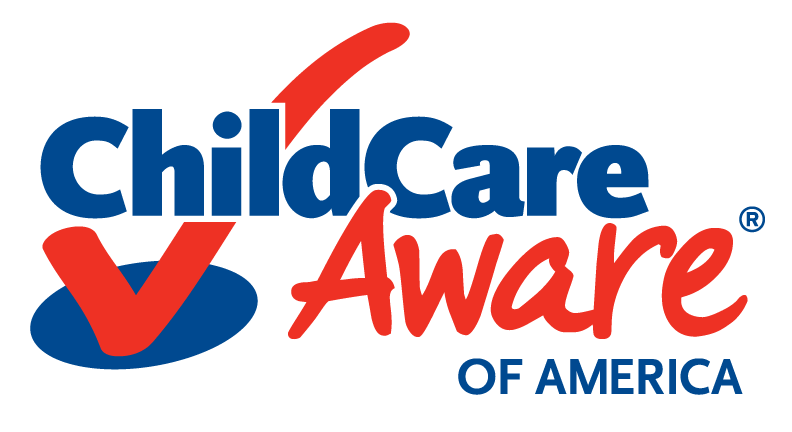Poisoning
Poisoning is preventable! Sadly, every day, two children die and over 300 children (aged 0 to 19) are treated in an emergency department as a result of being poisoned. There are simple steps that you and parents can take to prevent poisoning. Among them is educating parents, 90% of poison incidents happen at home.
Poison Help Line – Free Expert Advice 24/7
Specially trained nurses, pharmacists, and physicians staff poison control centers and provide multilingual translation services in 161 languages. Last year, Poison Control provided assistance to nearly 3 million callers. Nearly 80% of these calls were for children younger than 5 years old.
If you need to call the Poison Help Line, follow these simple steps:
First steps
- If the person is not breathing, call 911.
- If the person inhaled poison, get him or her fresh air right away.
- If the person has poison on the skin, take off any clothing the poison touched. Rinse skin with running water for 15 to 20 minutes.
- If the person has poison in the eyes, rinse eyes with running water for 15 to 20 minutes.
- Do not use activated charcoal when you think someone may have been poisoned.
Calling Poison Help
- Do not wait for signs of poisoning before calling Poison Help (1-800-222-1222), which connects you to your local poison center.
- Stay calm. Not all medicines, chemicals, or household products are poisonous. Not all contact with poison results in poisoning.
- Make sure to have the container of the product you think caused the poisoning nearby. The label has important information.
Be ready (if you can) to tell the expert on the phone:
- The exposed person’s age and weight
- Known health conditions or problems
- The product involved
- How the product contacted the person (for example, by mouth, by inhaling, through the skin, or through the eyes)
- How long ago the poison contacted the person
- What first aid has already been given
- Whether the person has vomited
- Your exact location and how long it would take you to get to a hospital
Prevent Poisonings from Medication
Lock medications up and away
Keep medicines in their original packaging. Place medications away from food, in a location where children can’t see or get them. While most medications have child-resistant lids that can make it more difficult for children to open the medication packaging, no packaging is completely child-proof. That is why it is essential that medications are stored out of sight and reach of children.
Follow the label
Read label directions carefully when giving medicines to children. Contact the doctor or pharmacist if you have questions about dose, frequency or potential interactions.
Get rid of unneeded medications
Once medications have expired or are no longer needed, safely dispose of them. This includes prescription drugs and over the counter drugs, vitamins, and supplements. You should not flush medications down the toilet, but instead dispose of them through a drug take-back program. Contact your local pharmacy or public health department to learn of the options in your area.




